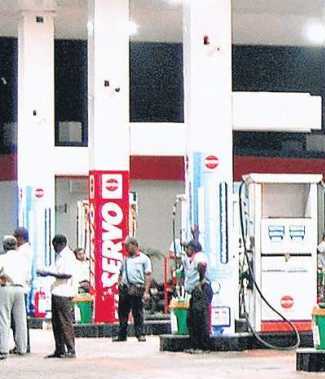

By A Special Correspondent
The government has finally decided to open up transport fuel retailing to others. It was an injustice that only oil companies who had invested Rs 2000 cr in exploration, drilling or processing of petroleum were allowed to retail the end product. This has resulted in India being served by an oligopolistic marketing structure that just dispensed fuel without caring for the customer. It also meant that pricing policies were opaque and almost every overhead was added to the retail price.
But keeping a minimum net worth threshold of Rs 250cr for those who want to retail fuel is regressive as it will once again prevent smaller players and wider competition. After all, retailing fuel is not like opening a bank. If the government is concerned about payments to oil companies by retailers it need not be as they issue delivery orders only after receiving full payment. Anyone who had the land, who could have invested in setting up infrastructure as per existing laws pertaining to the storage of inflammable materials and had shown that he can invest in stocks should have ideally been allowed to retail fuel. The problem with this government is that it does the right thing but in the wrong manner.
The move is expected to bring in specialized fuel retailers from abroad as India is a huge market for transport fuel and it will keep growing at a fast pace. The likes of Total and Aramco, who have been knocking at the doors of the government for long, along with homegrown Adani group, are likely to enter the sector. The government has set some conditions like setting up 5% of the outlets in rural areas and having at least one new generation fuel like CNG, LNG, bio-fuel or electric charging points at retail outlets, but these are not likely to hinder the new entrants.
The likely shakeup is expected to improve service quality, bring down prices and add to the amenities being offered to the customer. It will also bring in world-class logistics in fuel transportation and storage. The government must bring in regulations to ensure that infrastructure is shared on cost-basis among all the players and that private retailing of transport fuel does not meet the same fate as that of parallel marketing of LPG.











